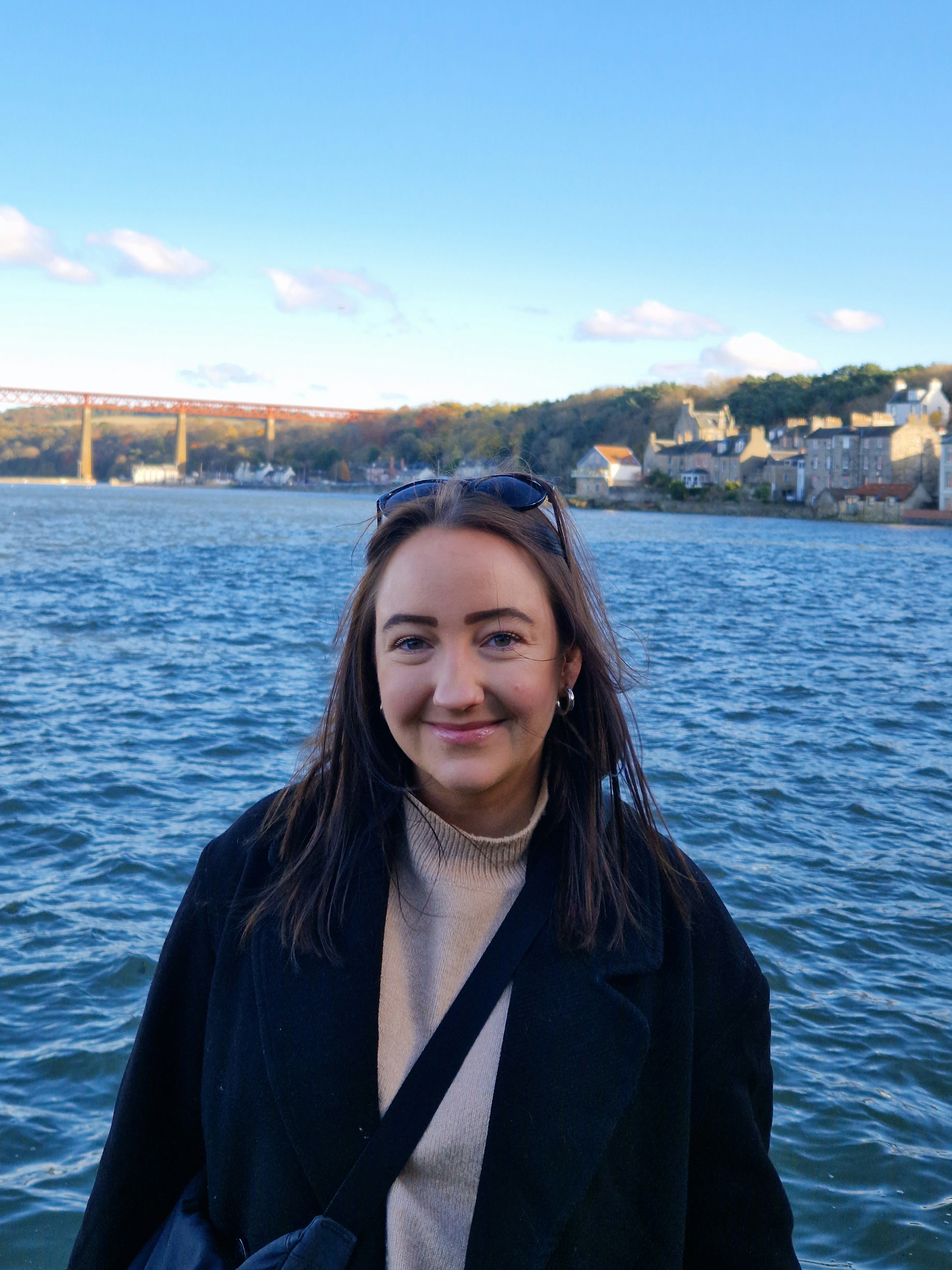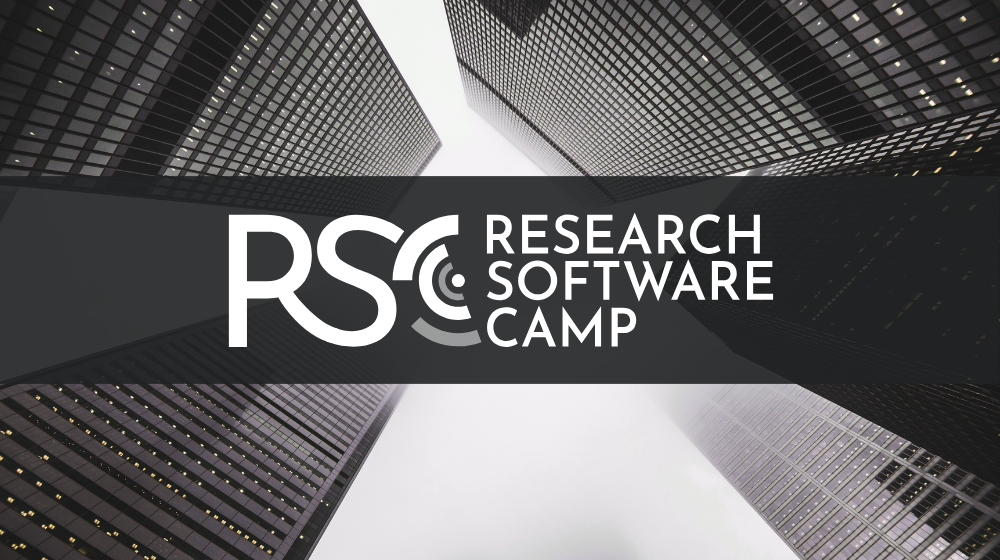Цей семінар проводиться за програмою Research Software Camp: FAIR Software, та викладається учасниками Української Спільноти The Carpentries
Системи контролю версій, такі як Git, дозволяють відстежувати зміни у будь-яких файлах (наприклад, код, дані, наукові публікації, веб-сайти тощо) та синхронізувати їх на різних комп’ютерах. Вони полегшують співпрацю з іншими шляхом спільного використання репозиторіїв (тобто проектів із повною історією змін), та є невідʼємними інструментами для розробки надійного та стійкого наукового програмногозабезпечення.
Цей семінар базуватиметься на уроці Software Carpentry "Керування версіями за допомогою Git"
та розповість про основи використання Git: його налаштування на вашому комп’ютері, створення репозиторію, запис змін, перегляд історії змін, взаємодію з віддаленими репозиторіями на GitHub, та співпрацю з іншими. Попереднє знання Git не потребується.
Семінар буде інтерактивним: інструктор буде виконувати усі операції покроково на своєму комп’ютері. Ми заохочуємо учасників встановити Git, дотримуючись інструкцій тут, a також створити безкоштовний обліковий запис GitHub тут, та намагатися повторювати дії інструктора на своїх комп’ютерах, наскільки це можливо.
При цьому ми радимо використовувати широкий або додатковий екран, щоб зробити це найбільш зручнішим.
Schedule:
9:00 - 10:00 Session 1
10:00 - 10:30 Coffee break
10:30 - 11:30 Session 2
11:30 - 13:00 Lunch break
13:00 - 14:00 Session 3
Register via Eventbrite


